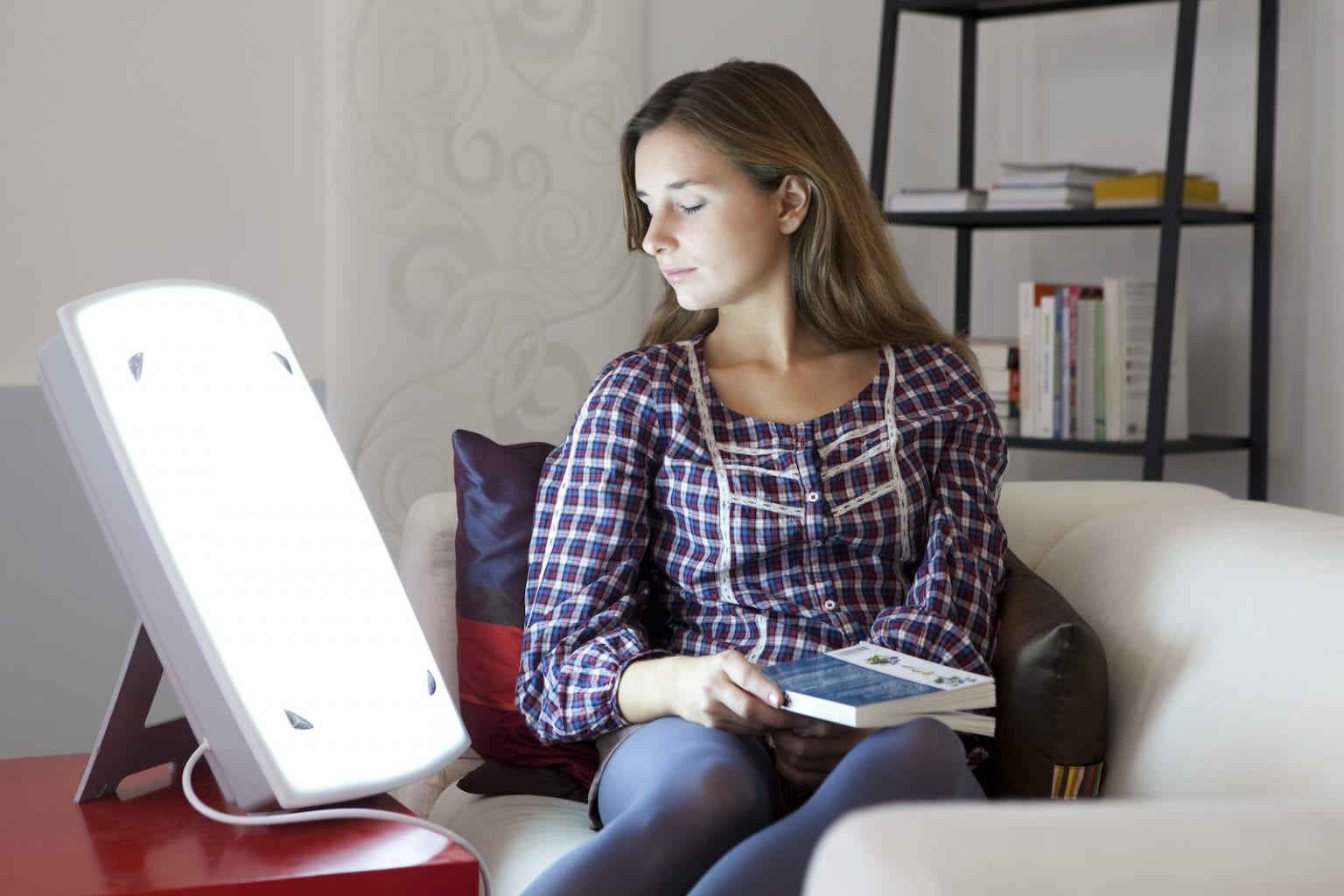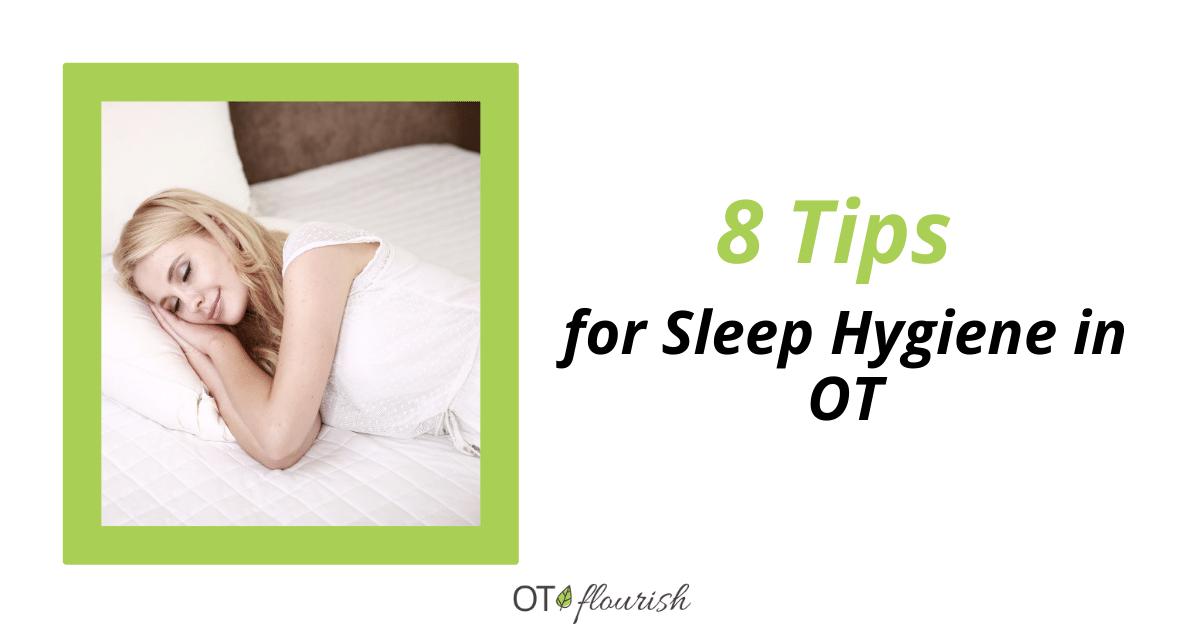Reliable Insomnia Therapy - Reclaim Your Restful Nights
Reliable Insomnia Therapy - Reclaim Your Restful Nights
Blog Article
Effective Treatment Solutions for Taking Care Of Rest Disorders and Enhancing Relaxing Rest
In the realm of healthcare, the monitoring of sleep conditions and the pursuit for relaxed rest are pivotal parts of general well-being. Reliable treatment services supply a diverse approach to take on these challenges, ranging from cognitive behavior interventions to alternative techniques that advertise relaxation and mindfulness. The exploration of numerous methods, including the assimilation of medication and light treatment, opens a realm of opportunities in the pursuit of better sleep quality. As we browse the elaborate landscape of sleep problems and look for to enhance our rest experience, a much deeper understanding of these therapy solutions may hold the secret to opening a more relaxing and meeting restorative journey.
Cognitive Behavior Therapy for Sleeping Disorders (CBT-I)
Cognitive Behavior Modification for Sleeping Disorders (CBT-I) is an organized, evidence-based therapy strategy that focuses on dealing with the hidden variables adding to rest disturbances. This kind of treatment intends to modify habits and thoughts that exacerbate sleep problems, eventually promoting healthy sleep patterns. CBT-I generally entails a number of key parts, including cognitive therapy, rest constraint, stimulation control, and sleep health education and learning.
Cognitive therapy helps people recognize and change unfavorable thought patterns and beliefs about rest that may be impeding their capacity to drop or remain asleep. Sleep limitation includes restricting the amount of time spent in bed to match the person's actual rest duration, therefore enhancing sleep efficiency (sleep deprivation help). Stimulation control strategies aid develop a strong association between the bed and rest by motivating people to go to bed only when sleepy and to stay clear of taking part in promoting tasks in bed
In addition, rest hygiene education focuses on creating healthy sleep routines, such as maintaining a regular sleep routine, developing a relaxing bedtime regimen, and maximizing the sleep setting. By resolving these elements thoroughly, CBT-I provides a reliable non-pharmacological treatment for managing sleeplessness and enhancing overall sleep top quality.
Sleep Hygiene Practices
Having developed the foundation of cognitive restructuring and behavior alterations in attending to insomnia with Cognitive Behavioral Therapy for Sleep Problems (CBT-I), the focus now changes towards discovering necessary Sleep Health Practices for maintaining ideal sleep quality and overall wellness.
Sleep health practices encompass a variety of routines and ecological variables that can substantially affect one's capacity to drop off to sleep and stay asleep throughout the night. Consistent sleep and wake times, producing a relaxing going to bed routine, and maximizing the rest environment by keeping it dark, quiet, and cool are crucial elements of great sleep hygiene. Limiting direct exposure to displays before going to bed, staying clear of energizers like high levels of caffeine near bedtime, and taking part in regular exercise throughout the day can likewise promote better sleep quality.
In addition, exercising relaxation techniques such as deep breathing workouts or meditation before bed can aid calm the mind and prepare the body for sleep. By including these sleep hygiene techniques right into one's daily regimen, individuals can develop a healthy and balanced sleep navigate to this site pattern that supports peaceful sleep and general health.
Relaxation Techniques and Mindfulness
Applying leisure strategies and mindfulness practices can play an essential function in promoting a feeling of calm and advertising high quality rest. In addition, guided images can help deliver people to a serene place in their minds, aiding in anxiety decrease and boosting rest quality.
Mindfulness practices, such as meditation and yoga exercise, are likewise efficient in advertising relaxation and enhancing sleep. Mindfulness motivates individuals to stay present in the moment, releasing bother with the past or future. By incorporating these practices right into a bedtime routine, individuals can signify to their bodies that it is time to prepare and unwind for rest. In general, integrating relaxation methods and mindfulness practices can substantially add to taking care of rest problems and improving total sleep high quality.

Medication Options for Sleep Disorders
After checking out relaxation strategies and mindfulness practices as non-pharmacological interventions for enhancing rest high quality, it is important to consider medication options for people with sleep disorders. In cases where lifestyle changes and therapy do not offer enough alleviation, medication can be a useful device in handling sleep disruptions.
Typically prescribed drugs for sleep conditions consist of benzodiazepines, non-benzodiazepine hypnotics, antidepressants, and melatonin receptor agonists. Antidepressants, such as trazodone, can be useful for individuals with co-occurring depression and sleep disruptions - sleep therapy.
It is essential for people to seek advice from a medical care supplier to identify the most appropriate drug option based upon their specific sleep condition and case history.
Light Treatment for Body Clock Regulation
Light therapy, also referred to as photo-therapy, is a non-invasive treatment technique used to regulate body clocks and improve sleep-wake cycles. This therapy includes direct exposure to brilliant light that simulates all-natural sunlight, which helps to reset the body's inner clock. By subjecting people to specific wavelengths of light, usually in the morning or evening relying on the desired impact, light treatment can efficiently change the body clock to advertise wakefulness throughout index the day and improve relaxing sleep at evening.
Research has shown that light therapy can be specifically beneficial for individuals with circadian rhythm disorders, such as postponed rest stage disorder or jet lag. It can also be practical for those experiencing seasonal depression (SAD), a sort of clinical depression that commonly happens throughout the winter season when all-natural light exposure is reduced. Light treatment is normally well-tolerated and can be made use of along with various other therapy approaches for rest conditions to enhance results and enhance total rest quality.
Conclusion
Finally, reliable therapy solutions for taking care of rest disorders and boosting relaxing sleep consist of Cognitive Behavioral Therapy for Sleeplessness (CBT-I), sleep hygiene methods, relaxation techniques and mindfulness, medication alternatives, Get More Info and light treatment for circadian rhythm regulation. These techniques can help individuals enhance their sleep top quality and total wellness. It is necessary to speak with a doctor to figure out one of the most appropriate approach for resolving sleep concerns.
As we browse the elaborate landscape of rest problems and seek to boost our sleep experience, a much deeper understanding of these treatment remedies might hold the key to unlocking an extra rejuvenating and meeting restorative trip.
Sleep constraint entails restricting the quantity of time spent in bed to match the person's actual sleep duration, therefore enhancing rest performance. Regular sleep and wake times, producing a relaxing going to bed routine, and enhancing the rest atmosphere by maintaining it dark, quiet, and cool are important parts of great sleep hygiene. Light therapy is usually well-tolerated and can be used in combination with other therapy methods for rest conditions to optimize results and boost overall sleep top quality.

Report this page